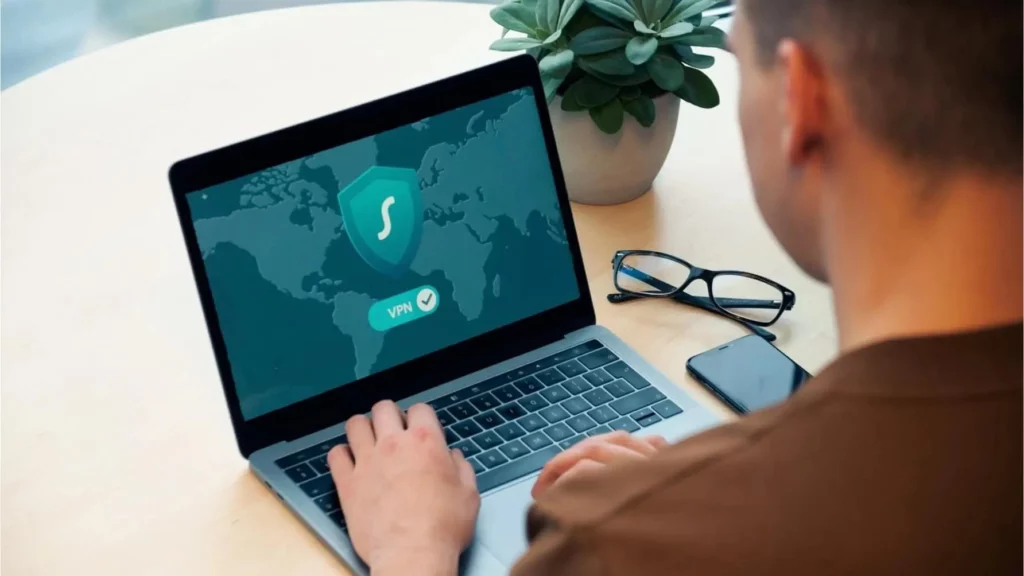Internet filtering in schools has been a contentious issue since the Children´s Internet Protection Act (CIPA) was passed in 2000. Opponents to the Act argue Internet filtering in schools blocks access to valuable educational and social information, and creates a digital inequality between those who have unfiltered Internet access at home and those who don´t.
Despite these objections, twenty-four states have also enacted legislation to implement school Internet filters in publicly-funded institutions. This has prompted more criticism from opponents to Internet filtering in schools, who claim that blocking content does not teach students how to effectively, respectfully, and responsibly use the Internet.
Fortunately, school Internet filters have evolved since 2000. They now have the versatility and features required to ensure every student can get access to age-appropriate information without a school violating CIPA. They have also become easier to use, and school administrators should have no difficulty in setting acceptable filtering parameters and adjusting them as required.
Did You Know?
99.99%
SpamTitan's spam catch rate
11 Seconds
a ransomware attack occurs
$285
the average cost to manage spam per person without an email filter
56.50%
of all email is spam
How Modern School Internet Filters Work
Modern school Internet filters are no longer hardware appliances with limited granularity that have to be configured separately. Instead they are cloud-based solutions that are easy to install, that work across entire networks - even wireless networks and for remote learning - and are controlled via web-based portal. They typically have three main filtering mechanisms:
- The Blacklist mechanism checks each request to visit a website against lists of websites known to contain imagery contrary to CIPA or to harbor malware. These lists are updated by a service provider and can be downloaded from various Internet safety groups.
- Category Filters can be set to block access to certain categories of website. Typically these include websites containing pornography, racial intolerance and child abuse. Category filters can also be set to prevent access to the anonymizer sites that students can use to bypass filtering parameters.
- Keyword Filters block access to websites with a high percentage of inappropriate keywords or keywords likely to cause offence. Keyword filters are configured by a school administrator according to each school´s policy for Internet filtering in schools.
School Internet filters also have “whitelist” options. These allow administrators to permit access to websites that might otherwise be blocked by category or keyword filters. The filters and the whitelisting options can be applied by age, user group or even individual user, so that students seeking age-appropriate advice about social issues can still access the information they need.
Protecting Networks and Devices from Web-Based Threats
Although Internet filtering in schools has the primary objective of preventing students being exposed to inappropriate content, there is an equally good reason to implement school Internet filters as a defense against web-based threats. Web-based threats such as ransomware can shut down a school network, while threats such as phishing can result in the unauthorized disclosure of personal information.
To prevent these scenarios, modern school Internet filters have malicious URL detection and phishing protection to prevent users - both students and school employees - from being directed to a malicious website when a link in an email is clicked. These mechanisms help prevent social engineering attacks, identity theft, and malware delivery.
Hear from our customers
WebTitan Cloud Internet Filtering in Schools
WebTitan Cloud from TitanHQ is an industry-leading cloud-based Internet filtering solution for schools. It has a high degree of granularity that allows schools to set individual filtering parameters easily in jurisdictions where parents stipulate what Internet access their child can have. It also provides a robust defense against web-based threats to protect school networks and users´ devices.
Universally compatible with all operating systems and infinitely scalable, WebTitan Cloud is compliant with CIPA and all state regulations relating to Internet filtering in schools. WebTitan Cloud is quick to deploy and has the advantages of time-based and bandwidth controls, plus a suite of reporting options for monitoring online activity. These reports not only show what attempts to visit websites have been blocked, but can also help educate students on effective, respectful, and responsible use of the Internet.
WebTitan On-The-Go (OTG) is a roaming agent used with TitanHQ's WebTitan Cloud platform, the purpose of which is to allow filtering controls to be applied on devices that are not connected to the network. For students that means filtering in the classroom, but also at home, or any other location where a student accesses the Internet.
The roaming agent can be quickly and easily downloaded and installed on laptops as part of the WebTitan set up process. It creates a Roaming location within WebTitan Cloud for each laptop or device added to WebTitan Cloud
If your school has debated the merits of Internet filtering in schools - or you have implemented a solution that lacks the versatility to meet your requirements - speak with us about a free fourteen-day trial of WebTitan. Our offer gives you the opportunity to evaluate our school Internet filters in your own environment with no costs attached or commitment to continue with our service at the end of the trial.
What Schools Say About WebTitan
Ölands Kommunalförbund Deployment of WebTitan DNS Filtering in K-9 Schools.
WebTitan DNS Filtering deployed to two K-9 schools has provided instant protection for 2500 students from pornographic sites.
“We were blown away by WebTitan’s filtering capability and exceptional support. Very easy to use and very affordable, 10/10”.
College Moves from Umbrella to WebTitan for improved usability, reporting & costs.
Saint Joseph Seminary College uses WebTitan’s intuitive UI and uncomplicated usability to manage web security and secure the college network.
“The entire experience with WebTitan has been terrific. From better reporting to a usable UI, we’ve gotten the visibility we need and have therefore been able to improve our security position.”


